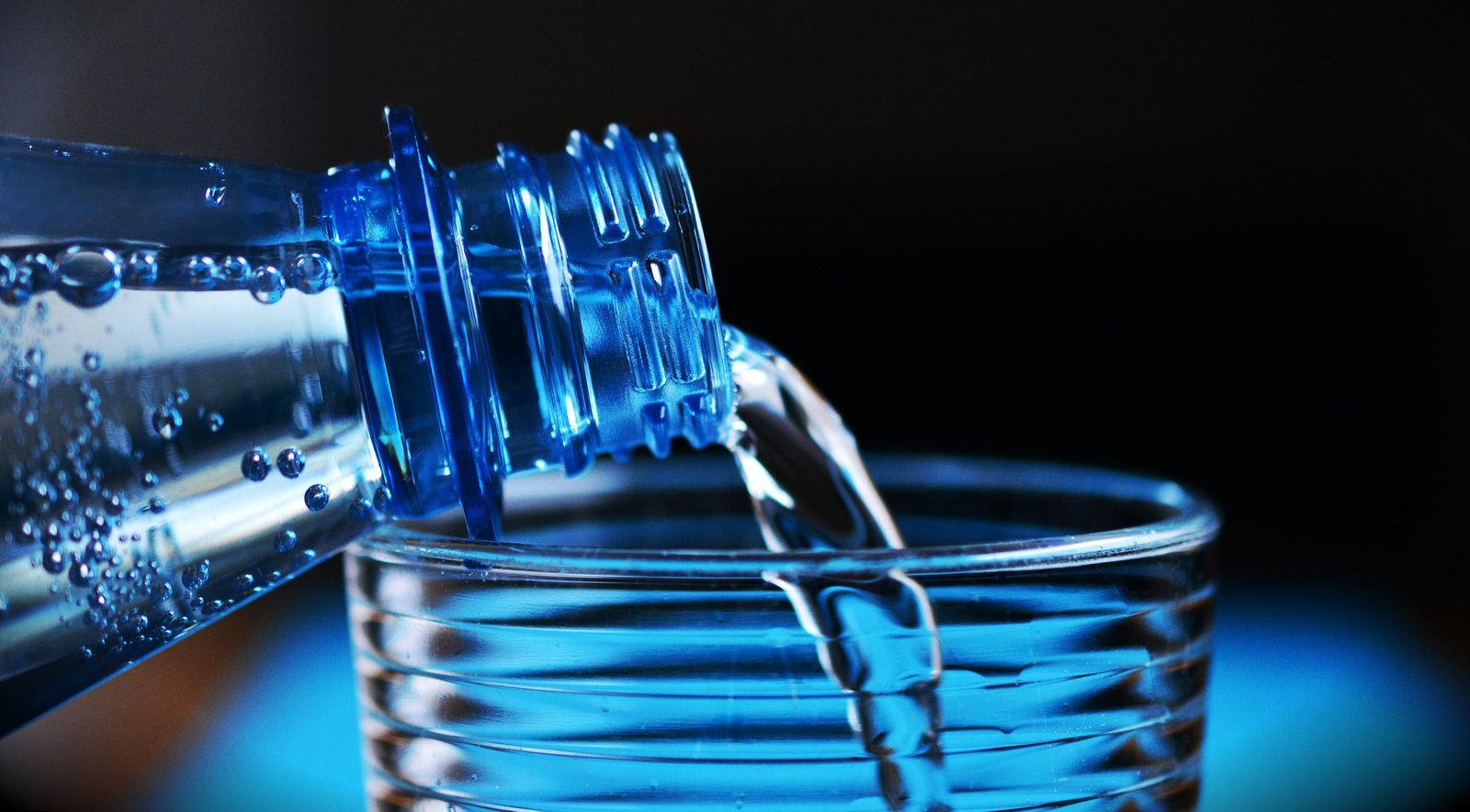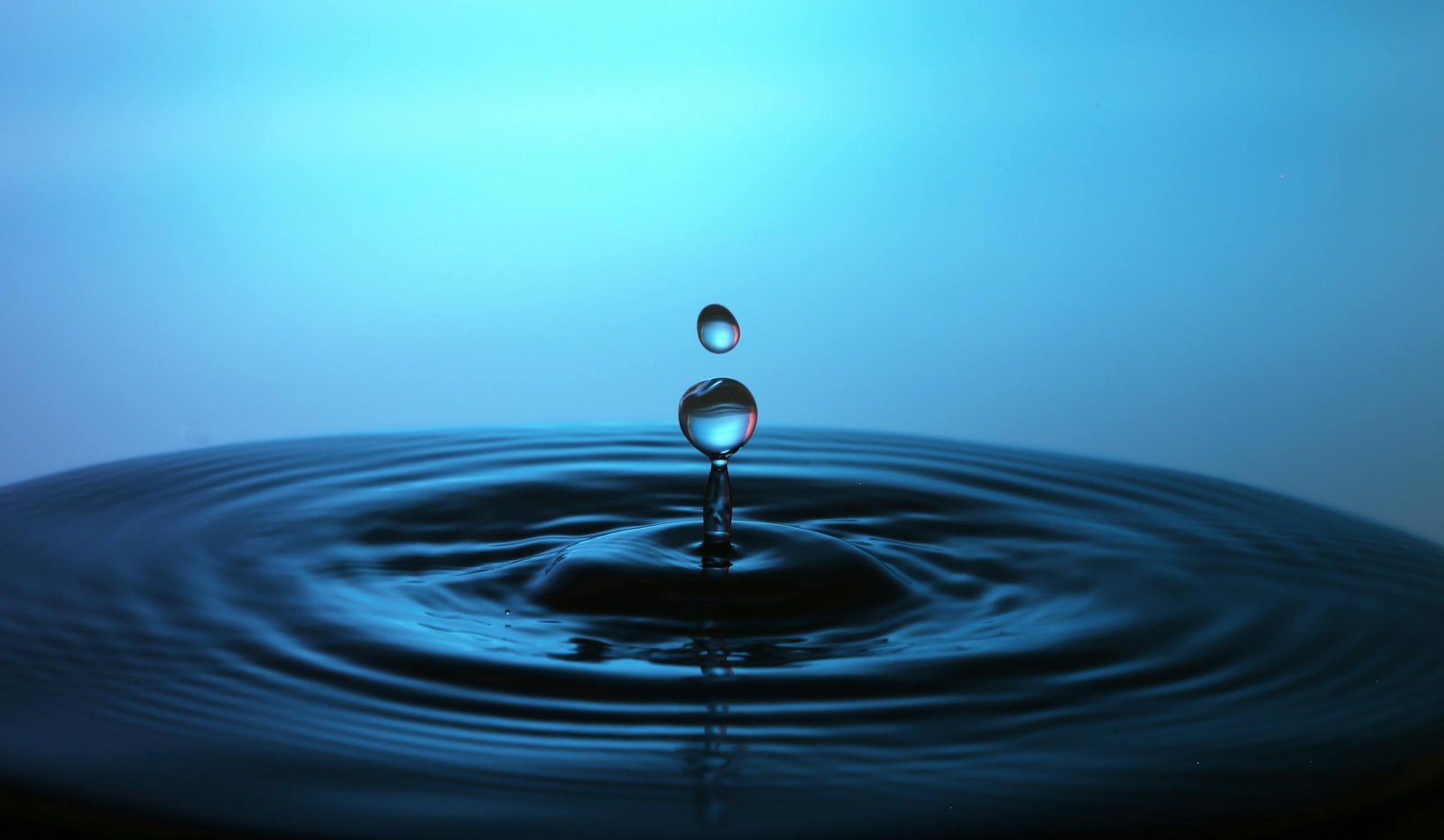Why Drinking More Water Reduces Fatigue
There are some affiliate links below, but they are all products I highly recommend. For more info, view my disclosure here.
Feeling completely drained no matter how much sleep you get? Before you reach for another cup of coffee, try drinking more water instead!
I know – water doesn’t seem like an energy booster. But if you’re constantly fatigued, lack of hydration could be the surprising culprit.
When our bodies don’t get enough water, we can feel totally exhausted. In this article, I’ll walk you through the connection between hydration and energy levels. You’ll learn how drinking more water can help reduce fatigue and get your pep back naturally.
I’ll also share my top tips for staying hydrated from morning to night, like setting a water intake goal, carrying a bottle with you, and more. These simple strategies have given me my energy back and make drinking water a cinch!
The Importance of Hydration for Energy Levels
You can boost your energy levels by staying hydrated and drinking more water. Hydration plays a crucial role in maintaining your body’s energy levels throughout the day. When you don’t drink enough water, your body becomes dehydrated, which can result in fatigue and a lack of energy. Water is essential for various bodily functions, including the transportation of nutrients and oxygen to your cells, which are necessary for energy production. By staying hydrated, you’re ensuring that your body has the necessary resources to generate energy efficiently.
In addition to providing energy, water also helps to regulate your body temperature. When you’re dehydrated, your body has to work harder to cool itself down, which can lead to feelings of fatigue and exhaustion. By drinking enough water, you’re helping your body maintain its ideal temperature, allowing you to feel more energized and alert.
Furthermore, water aids in the removal of waste products from your body. When you’re dehydrated, your kidneys may not function optimally, leading to a buildup of toxins in your system. These toxins can make you feel sluggish and tired. By drinking plenty of water, you’re supporting your kidneys in flushing out these waste products, helping your body stay clean and energized.
How Dehydration Affects Fatigue
When you’re dehydrated, it can contribute to feelings of fatigue. Dehydration occurs when your body loses more fluids than you take in. This can happen due to various reasons, such as excessive sweating, not drinking enough water, or certain medical conditions.
When you become dehydrated, your body is unable to perform its functions optimally. One of the areas that’s affected by dehydration is your energy levels. When you don’t have enough fluids in your body, your blood volume decreases, which means that your heart has to work harder to pump oxygen and nutrients to your muscles and organs. As a result, you may experience a decline in energy and feelings of tiredness.
Additionally, dehydration can also affect your brain function. Studies have shown that even mild dehydration can impair cognitive performance, including memory, attention, and concentration.
Water as a Natural Energy Booster
Staying hydrated can naturally boost your energy levels and help you feel more revitalized throughout the day. When you’re properly hydrated, your body functions at its best, allowing you to stay focused and alert. Water is an essential component for many bodily processes, including the transportation of nutrients and oxygen to your cells. By drinking enough water, you can ensure that these processes are carried out efficiently, leading to increased energy levels.
When you’re dehydrated, your body has to work harder to perform even the simplest tasks, which can leave you feeling fatigued and drained. By drinking water regularly, you can prevent dehydration and keep your energy levels up. Water acts as a natural energy booster by providing your body with the necessary hydration it needs to function optimally.
Additionally, staying hydrated can also help regulate your body temperature, which plays a significant role in your energy levels. When you’re dehydrated, your body may struggle to regulate its temperature, leading to feelings of fatigue. By drinking enough water, you can help your body maintain its temperature and avoid unnecessary fatigue.
The Link Between Hydration and Mental Alertness
Keeping your body hydrated plays a crucial role in maintaining mental alertness throughout the day. When you don’t drink enough water, your body becomes dehydrated, and this can lead to fatigue and a decline in cognitive function. Dehydration affects your brain’s ability to function optimally, making it harder for you to concentrate and stay focused. Your brain is made up of about 75% water, so it needs to be properly hydrated to work efficiently.
When you’re dehydrated, your brain cells don’t receive enough water, which can affect their ability to communicate with each other. This can result in slower reaction times, decreased memory, and difficulty in solving problems. Additionally, dehydration can cause a decrease in blood volume, which reduces the amount of oxygen and nutrients that are delivered to your brain. This lack of oxygen and nutrients can further impair your cognitive abilities, leaving you feeling mentally sluggish and fatigued.
Drinking enough water throughout the day helps to keep your body and brain hydrated. By staying properly hydrated, you can improve your mental alertness, concentration, and overall cognitive function. So, make it a habit to carry a water bottle with you and sip on it regularly. Remember, a well-hydrated body equals a sharp and focused mind.
Hydration for Exercise Performance and Fatigue Prevention
To improve your exercise performance and prevent fatigue, staying properly hydrated is essential. When you exercise, your body loses water through sweat and increased respiration. This can lead to dehydration, which negatively affects your performance and increases the likelihood of fatigue. By drinking enough water before, during, and after your workouts, you can help maintain your body’s fluid balance and optimize your exercise performance.
When you’re dehydrated, your body has a harder time regulating its temperature, which can cause you to overheat more quickly during exercise. This can lead to decreased endurance and overall performance. Additionally, dehydration affects your cardiovascular system, making it harder for your heart to pump blood efficiently to your muscles. As a result, you may experience increased fatigue and decreased strength.
Drinking water during exercise also helps to prevent muscle cramps and improve muscle function. When your muscles are dehydrated, they’re more prone to cramping and fatigue. By staying hydrated, you can reduce the risk of these issues and maintain optimal muscle function throughout your workout.
Tips for Increasing Water Intake Throughout the Day
When you’re feeling thirsty, try adding a slice of lemon or cucumber to your water for a refreshing twist. Not only does this simple trick enhance the taste of your water, but it also encourages you to drink more throughout the day.
Sometimes, plain water can get boring, and you may find yourself reaching for sugary drinks or sodas instead. By infusing your water with a slice of lemon or cucumber, you’re adding a burst of flavor without any extra calories or added sugars. Plus, the subtle hint of citrus or the refreshing taste of cucumber can make staying hydrated a more enjoyable experience.
Another tip for increasing your water intake is to always carry a water bottle with you. Having a portable water bottle ensures that you’ve easy access to water wherever you go. Keep it in your bag, on your desk, or in your car, so you can sip on water throughout the day. It serves as a visual reminder to drink more water and makes it convenient to quench your thirst whenever you need to.
Additionally, setting reminders or creating a water drinking schedule can be helpful. Sometimes, we get so caught up in our daily activities that we forget to drink enough water. By setting reminders on your phone or using an app, you can stay on track with your water intake goals. You can also create a schedule for yourself, such as drinking a glass of water before each meal or setting specific times throughout the day to drink water. These strategies can help you establish a routine and ensure that you’re consistently drinking enough water.
Lastly, consider incorporating water-rich foods into your diet. Many fruits and vegetables have high water content and can help keep you hydrated. Some examples include watermelon, strawberries, cucumbers, and lettuce. By consuming these foods, you not only increase your water intake but also benefit from the nutrients and antioxidants they provide.
Hydration and Its Role in Promoting Restful Sleep
Now, let’s talk about how hydration plays a crucial role in promoting restful sleep.
Getting enough water throughout the day can significantly impact the quality of your sleep. When you’re properly hydrated, your body functions at its best, allowing you to fall asleep faster and stay asleep longer.
Dehydration can lead to various sleep disturbances, such as difficulty falling asleep, frequent waking up during the night, and even snoring. This happens because when you’re dehydrated, your body produces more histamines, which can interfere with your sleep cycle.
Additionally, dehydration can cause dry nasal passages and a dry throat, leading to snoring and discomfort while sleeping. By keeping yourself hydrated, you can reduce the chances of these issues and enjoy a more peaceful night’s sleep.
It’s important to note that drinking plenty of water throughout the day is more effective than chugging large amounts right before bed. By staying consistently hydrated, you give your body the opportunity to regulate its functions properly, including your sleep patterns.








